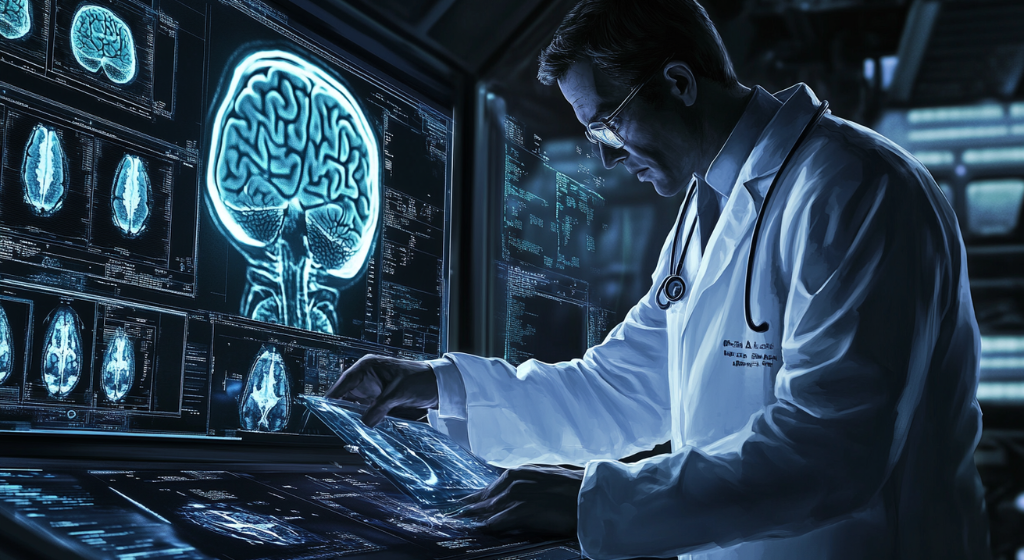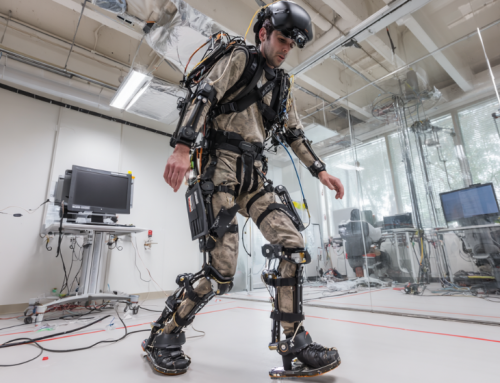
Scientists aim to develop digital tools for radiologists that can assess dementia risk and enable earlier diagnosis, while also accelerating the creation of more precise treatments. (Source: Image by RR)
Massive Brain Scan Analysis Using AI Set to Transform Understanding of Dementia Risks
Scientists from the University of Edinburgh and the University of Dundee are embarking on a major research project to analyze over 1.6 million brain scans using AI. The goal is to develop a tool that can predict an individual’s risk of developing dementia. The study, part of the global NEURii initiative, will examine CT and MRI scans of patients from Scotland, gathered over more than a decade, and match this image data with linked health records to uncover patterns that could help doctors assess dementia risk more accurately.
The project, as reported in theguardian.com, is driven by the alarming forecast that the global number of people living with dementia is expected to nearly triple to 153 million by 2050. This increase poses a significant threat to health and social care systems, with the current costs already exceeding $1 trillion annually. By using AI and machine learning, the researchers hope to develop digital tools that radiologists can use during routine scans to identify early signs of dementia, enabling earlier diagnosis and intervention, which could also facilitate the development of more targeted treatments.
These AI-driven tools are expected to be integrated seamlessly into standard radiology practices, assisting in clinical decision-making and helping to flag dementia risks at the earliest possible stage. The project’s success would mean that these software tools could be routinely used in healthcare settings, significantly improving the early detection of dementia and related conditions. According to Prof Emanuele Trucco, an expert in AI and medical imaging at Dundee, this data set will be invaluable to neurological researchers and could lead to a suite of tools that support radiologists in their daily work.
The brain scan data, comprising up to 1.6 million images, will be securely held in the Scottish National Safe Haven, a platform provided by Public Health Scotland for research purposes. The project co-leader, Prof Will Whiteley from Edinburgh’s Centre for Clinical Brain Sciences, emphasized that better use of brain scans could lead to a deeper understanding of dementia and potentially enable earlier diagnosis. This, in turn, could accelerate the development of new, more effective treatments, addressing the current challenges posed by expensive and limited treatment options for dementia.
read more at theguardian.com







Leave A Comment